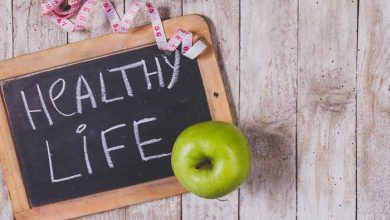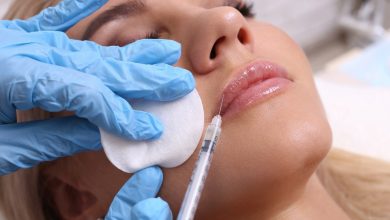Liquid Diet For Weight Loss- How It Works?

Liquids are essential for the human body. A liquid diet is one where the foods remain in the liquid form at room temperature. A liquid diet is given to people who have problems swallowing food or a distressed digestive tract. As the name suggests, these diets only include drinks. Doctors recommend liquid diets for a short time to those having problems swallowing or digesting solid foods. These diets are temporary as they do not provide sufficient nutrients and calories required by the body. People who choose a liquid diet for weight loss take drinks of fruit and vegetable juices, shakes, and smoothies. For people who opt for this, the drinks become their meals for them. Jeera water benefits and nutrition of other such gut-friendly diseases is a rich addition to the liquid diet. Sometimes the dietician allows for a snack with these diets. These diets are suitable as a temporary weight loss measure and may help shed the extra kilos. However, people should not stick to them for long as these diets may deprive them of essential nutrients such as protein and fiber.
Do Liquid Diets for Weight Loss Really work?
Liquid diets for weight loss may work like any diet that involves fewer calories than the usual diet. These diets can help by taking away the guesswork for portion control. In addition to this, they ease digestion and chewing problems. However, caution is required while sticking to such diets as they may drastically cut calories in order to save energy. This can affect the body’s metabolism and make it slow. But the results may not last. Also, it is highly possible to regain the weight one has shed after getting off the liquid diet. Hence it is vital to change eating habits once the liquid diet is done. Some liquid diets may work better than others over the long term. Diets that include semi-solid foods or both solid food and liquids are a convenient and effective way for overweight people to keep a check on the number of calories they eat.
How Does a Liquid Diet for Weight Loss Work?
The complete liquid diet allows people to have clear fluids and sometimes thicker ones as well. These include fruit juice, milk, shakes, smoothies, etc. Yogurt and purees are other foods that a dietician may allow a person on a liquid diet to consume. Health conditions like diabetes may influence the diet and add some limitations to the liquid diet. Also, one must bear in mind that these limited options can become a reason for the body’s lack of calories and nutrients. In addition to adhering to diet-compliant foods and beverages, one must follow the doctor’s instructions closely to ensure sufficient nutrition. Consulting a professional dietitian or nutritionist is a wise decision while following a liquid diet for weight loss.
Duration for a liquid diet-
The complete liquid diet is generally prescribed for a few days only to help people transition back to their regular diet. Two weeks are usually sufficient for a liquid diet. People having medical limitations or who have surgery in the near future may face a few exceptions in the timeline of the liquid diet. Due to its restrictive nature, make sure the doctor observes you regularly while you follow a liquid diet.
What to Eat on a Liquid diet?
The options available in a full liquid diet are only beverages and drinks. With some smart experiments, one may make many solid foods liquid diet-friendly. Melting, straining, thinning, or puréeing vegetables, fruits, cheese, and even meat can help one stay nourished and satisfied.
What are the risks related to a liquid diet for weight loss?
Any diet, including a liquid diet, must ensure a balance of nutrients a person requires throughout the day. However, that may not happen every time. Low-calorie diets, which include just 400-800 calories per day, can lack a balance of carbohydrates, protein, fats, fiber, vitamins, and minerals that one might need. This is why medical supervision becomes vital while following low-calorie diets like a liquid diet. Lack of essential nutrients can lead to side effects like fatigue, dizziness, weakness, hair loss, and even heart damage. Constipation is another problem related to lack of fiber in the diet. Also, a deficit of calories and proteins may lead to significant muscle mass reduction.
Precautions before starting a liquid diet for weight loss-
Doctors may instruct a person about what food options to choose and how long to be on it while suggesting a liquid diet. These instructions are vital to follow to stay healthy while being on a liquid diet. First of all, make sure if a liquid diet is an ideal weight loss diet for you. Pregnant women, people with diabetes, or other chronic illnesses must avoid a liquid diet as it may worsen their health condition.
In case the doctor approves the liquid diet, one must also consult a professional dietitian who can balance all the essential nutrients such as calories, minerals, and vitamins in the liquid diet. Additional supplements may also go along with the liquid diet plan the dietitian recommends. While following a liquid diet, make sure you know what you drink. Ask the dietitian about some efficient options and read labels before consuming commercial drinks. Try to add drinks and a diet that fulfills the daily calorie requirements and has plenty of vitamins and protein. Also, adding fiber-rich foods is crucial to keep the gut happy while being on a liquid diet. Liquid diets that incorporate a solid meal or two each day, or that influence healthier eating habits, are more likely to keep the weight off in the long run.




